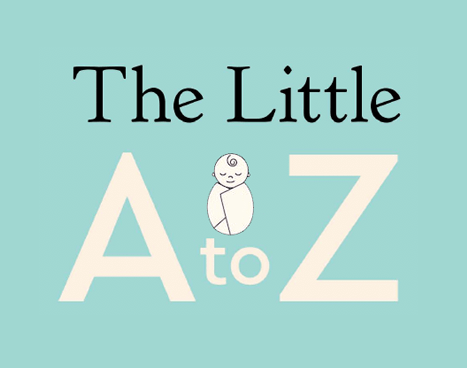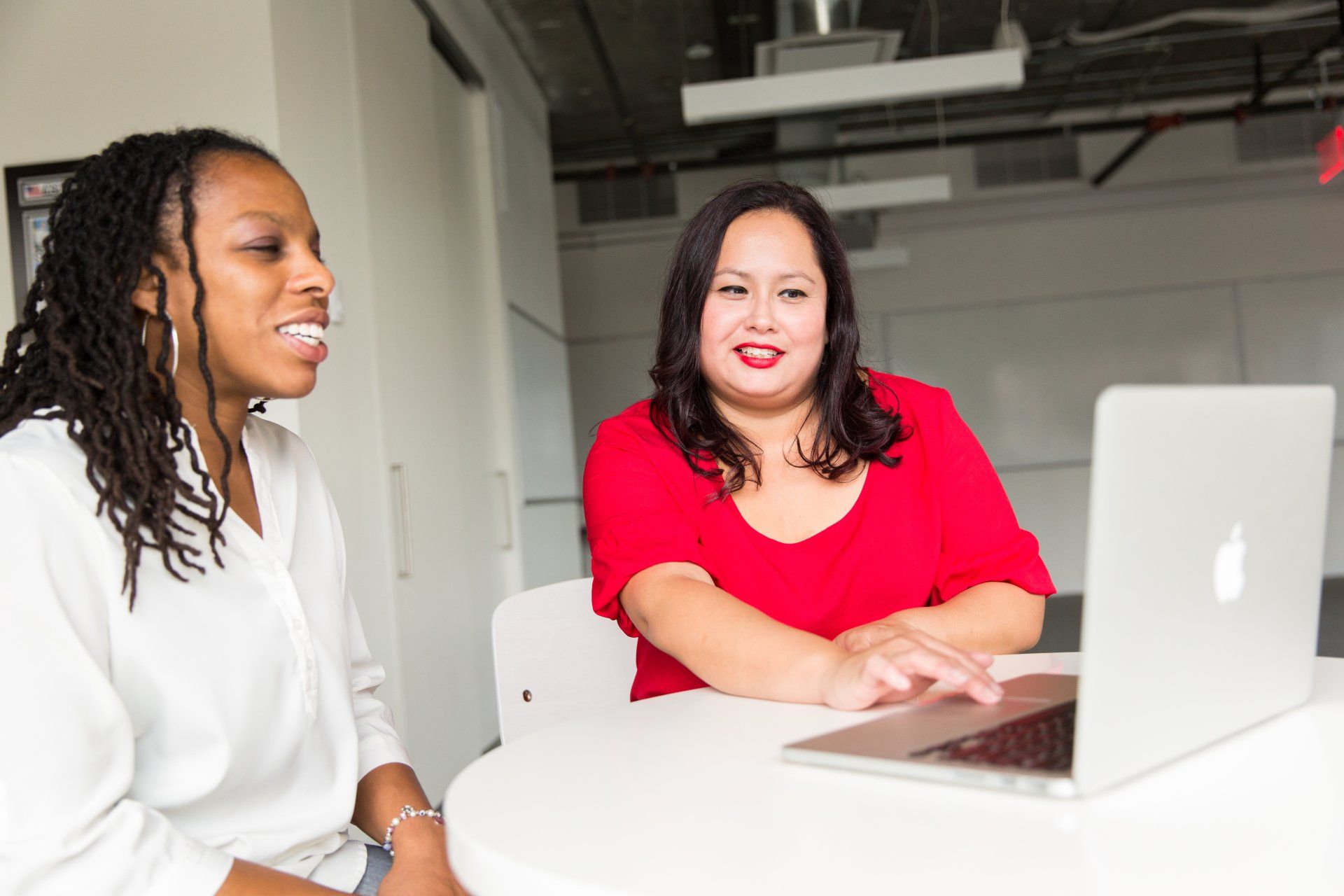Blog Layout
Classical education at a glance
Rachel Perks • Jul 03, 2021
Susan Wise Bauer and her teachings

The Well Trained Mind
It was the summer of 2020. At the height of the pandemic, the possibility seemed very real that my husband and I would have to homeschool our then-4 year for the upcoming year. Two immediate questions hit me:
- How was I going to manage?
- What the heck does a 4-year old need to know?
Seeking help, I did what most of us do: turned to immediate friends. One of them, who had raised two gorgeous daughters 20-odd years ago in the District, proved invaluable. In snippets of conversations over the years with her, I had come to understand that she was passionate about education. In my moment of verbalized dread to her about what to do, she whispered three words which have become my port in the storm over the last year: Susan Wise Bauer.
If you, like me, have no idea who she is take a moment to visit her website or her Instagram account. Ms. Wise Bauer is one of the earliest proponents of homeschooling in the United States during the 20th century, and plants her flag firmly in the classical education camp. She taught at William and Mary College in Virginia for decades and is the founder of Well-Trained Mind, a resource centre and community of practice for homeschooling in the US.
After getting home that day from visiting my friend, I logged into our library’s catalogue. Not entirely to my surprise, Wise Bauer’s seminal book she co-authored with Jessie Wise on homeschooling was checked out. The Well-Trained Mind waitlist counted 178 people. I placed myself as 179 and waited patiently for my turn to come.
Luckily it didn’t take too long. Though I was nowhere near having to contemplate homeschooling a middle school child, I was certainly intrigued to understand what, if anything, my child should be doing in Pre-K. What I love most about The Well-Trained Mind is that it works through every grade (starting with preschool) and lays out the basic building blocks your child should be exposed to at that age, along with a whole slew of resources at the end of each chapter. The book also dedicates considerable time to explaining the philosophy behind a classical education which I summarize further below.
It turns out there is a lot happening at the 4-5 age range, and I found plethora of ideas for keeping our son busy during the summer. The best part was that some of these activities—such as the audio books—would be gold star companions for the many road trips we did to Maine during the lockdown.
Amongst my favorite tips in The Well-Trained Mind were:
- The extensive list of audio books she recommends. You can find my top favorites here in a past newsletter. I’d also add Wise Bauer’s Story of the World collection and Wizard of Oz with Anne Hathaway narrating.
- The premise behind phonics learning, how to do it, and several book recommendations to get you going
- The list of books that parents should be reading to their children in the 4-5 age range.
- Whether you are interested in knowing a bit more about learning through the ages, supplementing your child’s curriculum, or contemplating the plunge to homeschooling, The Well-Trained Mind is a fabulous resource.
What is a classical education?
For those of us just getting started, we might be asking ourselves, “What is a classical education?”
According to Wise Bauer [insert link], classical education depends on a three-part process of training the mind. The early years of school are spent in absorbing facts, systematically laying the foundations for advanced study. In the middle grades, students learn to think through arguments. In the high school years, they learn to express themselves. This classical pattern is called the trivium.
The first years of schooling are called the “grammar stage” when the building blocks for all other stages are laid. Grades 1-4 are when children’s minds are keen to absorb information and children relish in the act of memorization of fact. This is the stage of rules, and exposure to early history along with exploration of basic math, biology and nature. By this time, children are entering the second phase of learning which is based less on memorization and more on asking “why?” Here children enter the logic stage where they observe how actions have consequences, how things relate to one another and how it all fits together into a logical framework. The final phase of learning is the “Rhetoric Stage.” At this point, a high school child is writing and speaking with originality. The rules of logic come to inform opinions and students learn to defend their own positions. Typically at this stage a child is figuring out what they like and don’t like, and tend to focus more time on the topics and hobbies that interest them.
A classical education has two important aspects. First, it is language-focused. Second, it follows a specific three-part pattern: the mind must be first supplied with facts and images, then given the logical tools for organization of facts, and finally equipped to express conclusions. Most importantly all knowledge is interrelated. Meaning there is a system of learning that reinforces math to history to language and so-on.
“The beauty of the classical curriculum,” writes classical schoolmaster David Hicks, “is that it dwells on one problem, one author, or one epoch long enough to allow even the youngest student a chance to exercise his mind in a scholarly way: to make connections and to trace developments, lines of reasoning, patterns of action, recurring symbolisms, plots, and motifs.”
Being Active in Your Child’s Education
Even if you never intend to homeschool, there is a lot one can learn from reading Wise Bauer’s books. I’m currently on to a more recent one, Rethinking School: How to take charge of children’s education which is a very pragmatic expose on the current education system in the US and why, no matter where your children attend school, there is immense value in being engaged in their learning. She treats learning disabilities, explains why mixed-age classroom settings are better (I found this intriguing as this is at the heart of Montessori’s approach which our son seems to be thriving from), provides small action ideas on how to bridge gaps if you have your children in public or private schools, and outlines how, if you wish to homeschool, you can get started. Her central thesis is that no matter what —homeschooling, public or private education—each child learns differently and as parents we should be attuned to this, instead of trying to blame/correct our children when they don’t seem to be thriving. In short, change the method, not the kid.
A classical education and the philosophy of those like Ms. Wise Bauer are relevant for us not just in pandemics where parents have had to play a more active role in overseeing education. There is an immense amount of value in pursuing an education early on that places critical thinking, maths, language, geography, etc, at the heart of the curriculum. in ways that makes sense for young minds.
I wanted to end with this little Thought Experiment, as Wise Bauer refers to it, in her book, Rethinking School. If you can squeeze a quiet moment in that hectic day of yours, find a corner chair, pen and paper, and reflect on the following:
- What qualities, not accomplishments, are important to you?
- What qualities would make your adult child a good dinner companion?
- Focus on six to ten descriptive words that have nothing to do with skills or earning ability, and everything to do with the person you want your child to become.
Until next week, take good care!
Share
Tweet
Share
Mail









